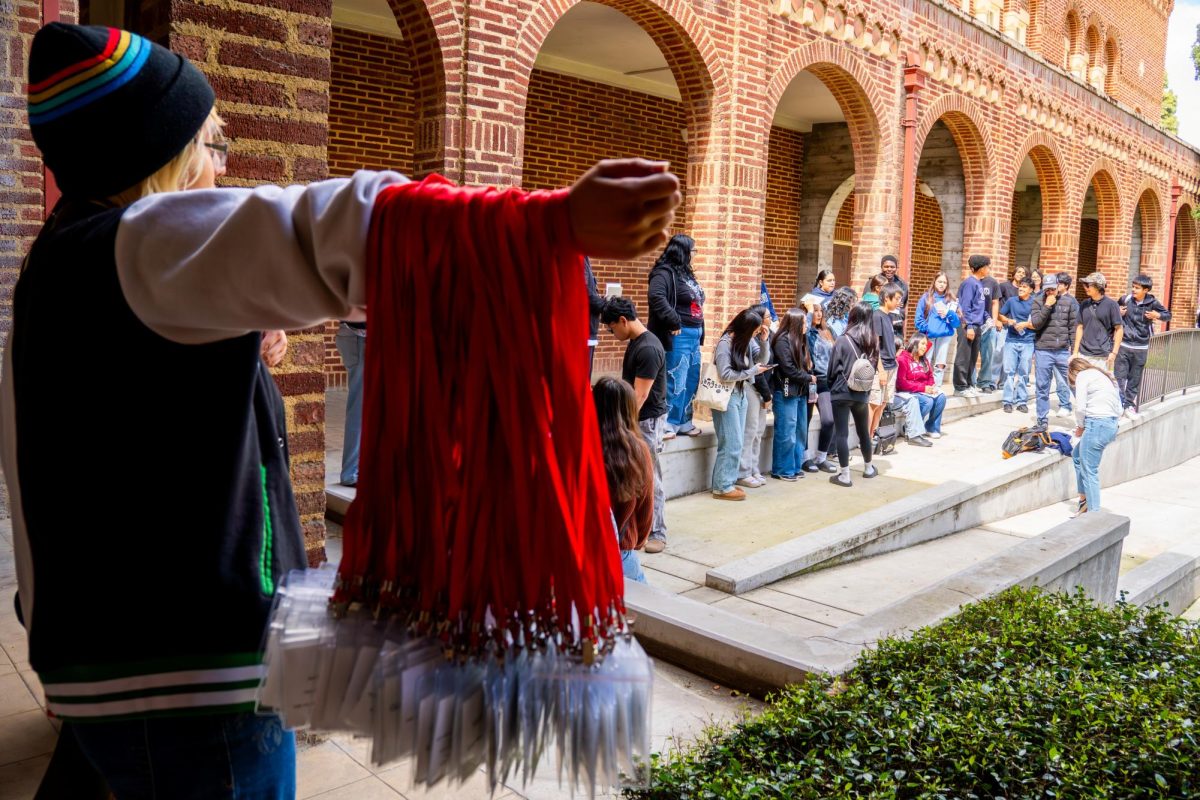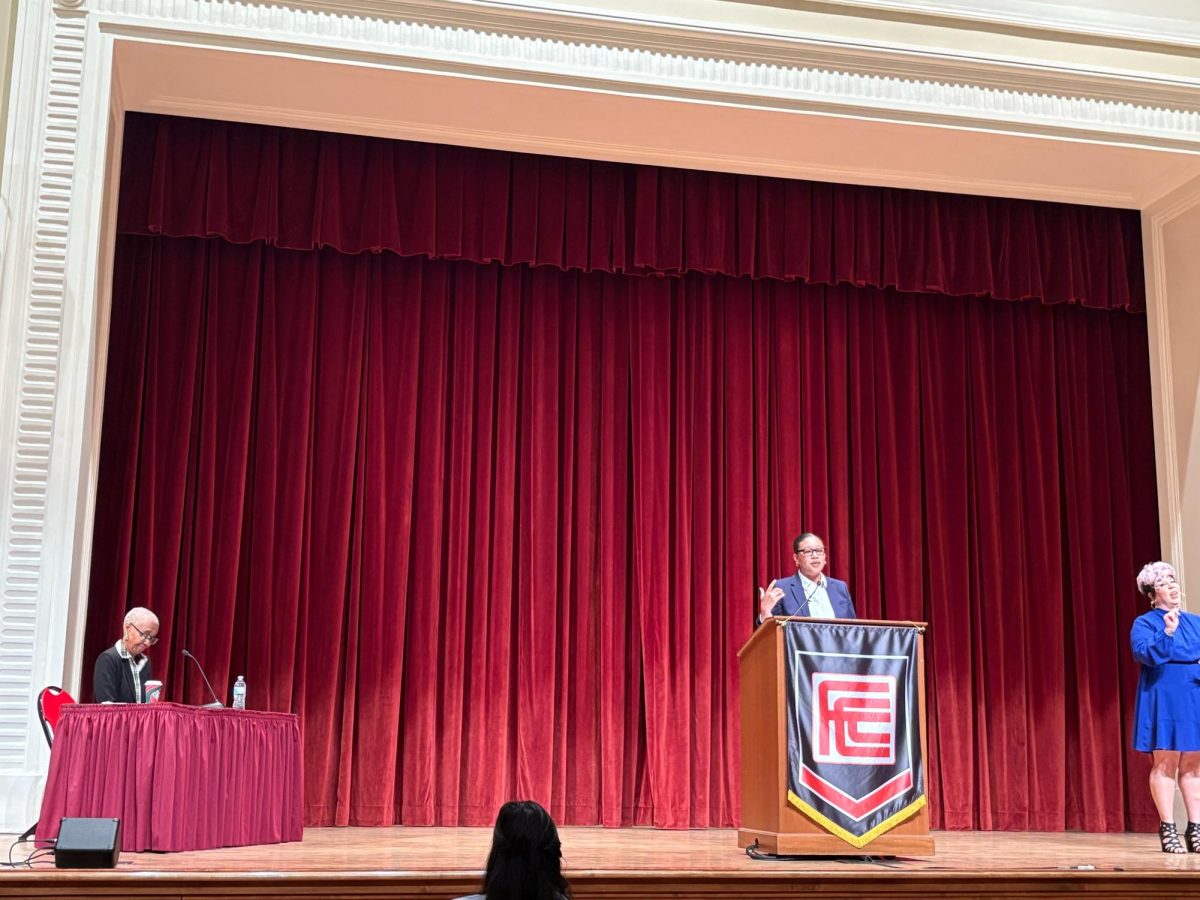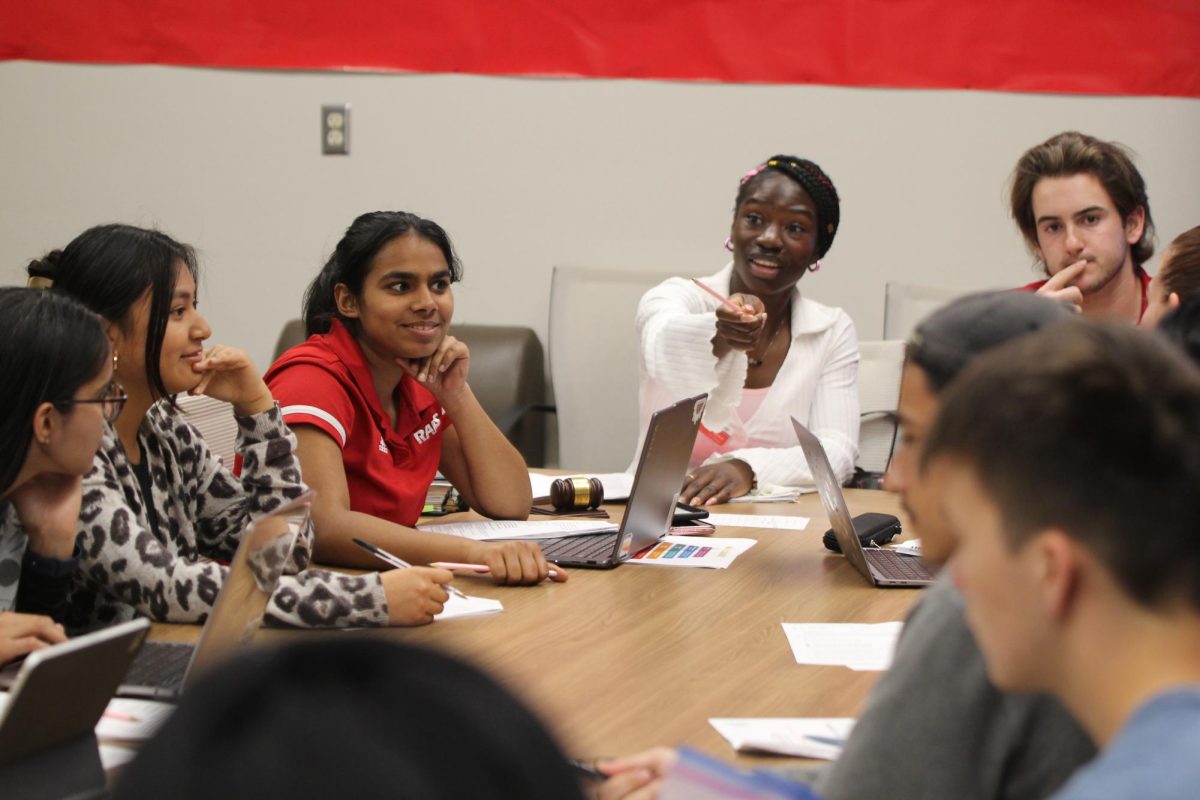David Williams took his own life last week, the night before his 15th birthday. His mother said he had become reclusive, and unlike his natural happy-go-lucky self after a devastating car accident in which he was the sole survivor. Williams had lost his father and best friend instantly; his 4-year-old sister had died a few days later after her lungs collapsed.
Three nights before Williams’ death, he mentioned to his mother that he wanted to give away some of his personal belongings to other family members and charities. Not thinking much of the selfless act of kindness, his mother had no idea that Williams’ plan was already in effect.
David Williams’ story is fictitious, but the high rate of suicide among teenagers and young adults is real. An estimated 4,400 teenagers will take their own lives this year alone. Each year, the number increases drastically. This is raising major concerns throughout the U.S.
Suicide is the third leading cause of death for youth between the ages of 10 to 24, according to the Centers for Disease Control and Prevention, and the number is not diminishing. It has become so common that almost everyone knows someone who has been impacted by a young person’s suicide.
Fresno City College’s Psychological Services is trying to decrease these unnecessary deaths by offering a suicide prevention program known as Question, Persuade, and Refer (QPR), which students and faculty can partake in at no charge.
Sharon Muha, PsyD, certified QPR gatekeeper instructor, offers one-on-one and group sessions on a request basis. 10 to 12 people can create a group session, which is most preferred, because more information and hands on training can be provided. Bigger groups can be accommodated as well.
Dr. Muha is located in the Psychology Service Department, located above the campus bookstore in room 216. “QPR is intended to teach those who are in a position to recognize the warning signs, clues, and suicidal communications of people in trouble to ACT vigorously to prevent a possible tragedy,” said Dr. Muha. The program is not to be considered a form of counseling or treatment.
Dr. Muha told the Rampage that the goals for this training is to recognize the warning signs of suicide, know how to offer hope, and know how to get help and save a life; each attendant will be provided with a referral list and a QPR training booklet.
The Psychological Services the department also offers students eight free sessions of commnity basedclinical help, offering individual, couple and group services, crisis intervention, and referrals. The program is run like a professional psychological clinic and abides by the student/doctor confidentiality rule. After a student uses the free sessions, he or she is able to return the following semester for up to four free follow up sessions to continue seeing a specialist. After this service is used, a professional in the Psychological Services department refers the student to low cost services outside of the FCC campus.
This is a service that most students do not know about, and it is about time they know that help, in many varieties, is within reach and free of charge. Students should never be afraid to see a psychologist on campus. Do not take a risk with depression, anxiety, stress, and any emotional issues. After all, your health, as a college student, is very important. For inquires about the QPR program or to meet with a specialist, contact 442-4600 ext. 8055, 8056, or 8749
The following websites are online resources. “Both are where you can learn more about mental health and take anonymous screenings to understand more about how you’re feeling,” said FCC Psychology Department.






